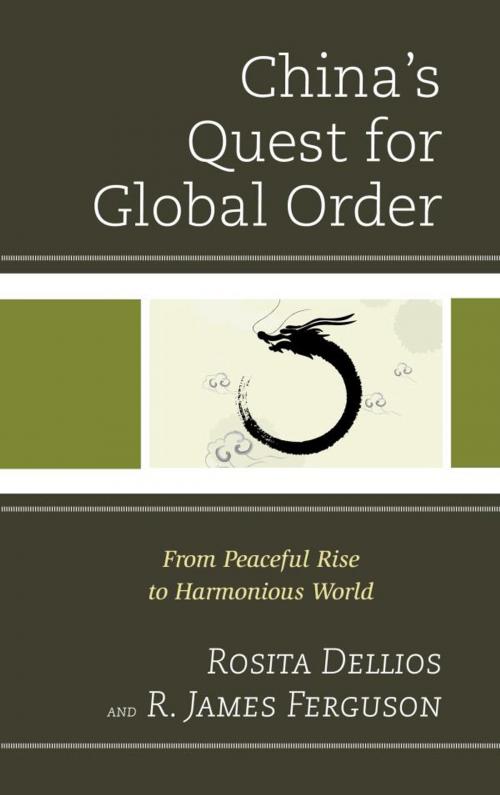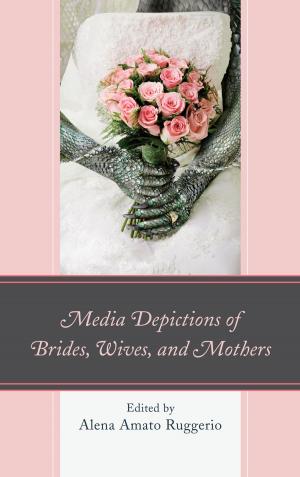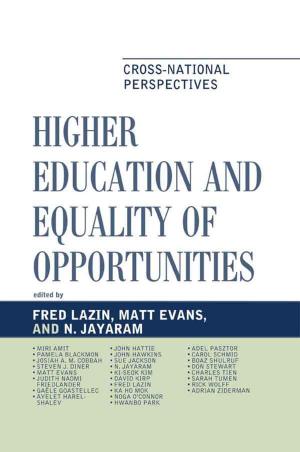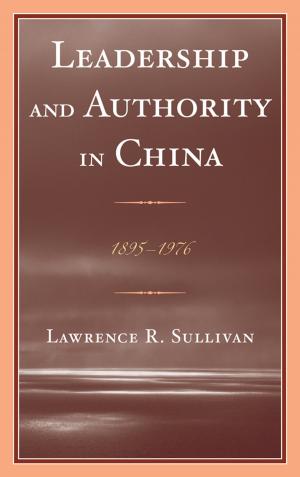China's Quest for Global Order
From Peaceful Rise to Harmonious World
Nonfiction, Social & Cultural Studies, Political Science, International, International Relations| Author: | Rosita Dellios, R. James Ferguson | ISBN: | 9780739168349 |
| Publisher: | Lexington Books | Publication: | December 13, 2012 |
| Imprint: | Lexington Books | Language: | English |
| Author: | Rosita Dellios, R. James Ferguson |
| ISBN: | 9780739168349 |
| Publisher: | Lexington Books |
| Publication: | December 13, 2012 |
| Imprint: | Lexington Books |
| Language: | English |
The “rise of China” has become a ubiquitous and often menacing term in global politics. China’s Quest for Global Order: From Peaceful Rise to Harmonious World, by Rosita Dellios, PhD, and R. James Ferguson, PhD, examines how China’s leadership has responded to this depiction and the strategic approaches that have been developed to ameliorate threat perceptions. Rather than simply reassuring others that its “rise” is peaceful, China has taken proactive steps to reduce possible conflicts. Beijing seeks to shape the emerging global governance order as both non-threatening to itself and productive in transnational problem-solving. Borrowing from its own Confucian heritage to promote a harmonious world policy, China’s contribution to world order is likely to be more robust than the “responsible stakeholder” epithet upon which the West has pinned its collective hopes. The book interprets China’s quest for global order from Chinese perspectives, old and new, and provides the relevant philosophical and historical background to engage the reader in the ensuing debates. The authors also contextualize Chinese concepts with those from contemporary international relations, strategic studies and systems thinking. Their resultant contributions to existing analyses include the notion of “Confucian geopolitics” and the interplay between strategic theatres of cooperation and protection.
The “rise of China” has become a ubiquitous and often menacing term in global politics. China’s Quest for Global Order: From Peaceful Rise to Harmonious World, by Rosita Dellios, PhD, and R. James Ferguson, PhD, examines how China’s leadership has responded to this depiction and the strategic approaches that have been developed to ameliorate threat perceptions. Rather than simply reassuring others that its “rise” is peaceful, China has taken proactive steps to reduce possible conflicts. Beijing seeks to shape the emerging global governance order as both non-threatening to itself and productive in transnational problem-solving. Borrowing from its own Confucian heritage to promote a harmonious world policy, China’s contribution to world order is likely to be more robust than the “responsible stakeholder” epithet upon which the West has pinned its collective hopes. The book interprets China’s quest for global order from Chinese perspectives, old and new, and provides the relevant philosophical and historical background to engage the reader in the ensuing debates. The authors also contextualize Chinese concepts with those from contemporary international relations, strategic studies and systems thinking. Their resultant contributions to existing analyses include the notion of “Confucian geopolitics” and the interplay between strategic theatres of cooperation and protection.















